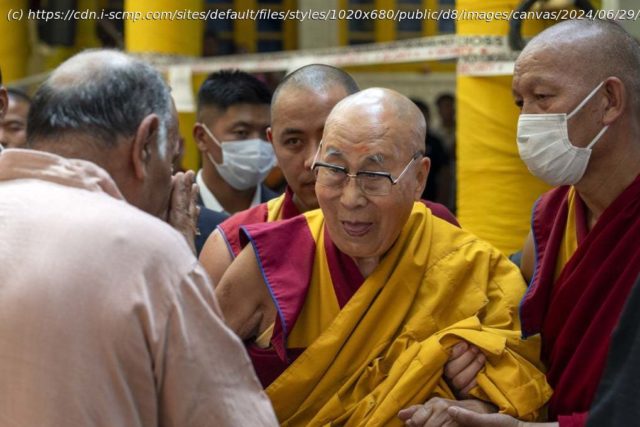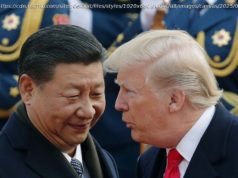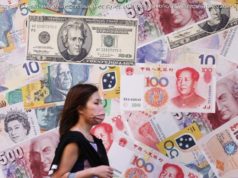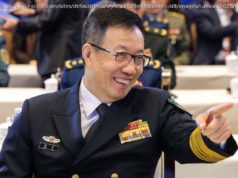Tibetology researchers assert Beijing’s rights on ‘reincarnation of living Buddhas’, blame the Dalai Lama for lack of communication.
Beijing has “natural” authority in identifying the reincarnation of the Dalai Lama, Chinese state-backed analysts have said, with a year to go before the Tibetan spiritual leader announces his own decision on it.
Laxianjia, deputy director of the Institute of Religious Studies at the semi-official China Tibetology Research Centre (CTRC), referred to Beijing’s measures related to the “reincarnation of living Buddhas in Tibetan Buddhism”, passed in 2007.
They contained three principles in the selection and approval process: historical inheritance, religious rituals and approval by the central government, he told a forum in Beijing last week.
“Although the Dalai Lama is currently outside China, his reincarnation is still part of the Gelug tradition and under the jurisdiction of the Chinese government, as most temples are located within China,” Laxianjia said, referring to the Gelug – or “Yellow Hat” – sect of the exiled Dalai Lama.
“Therefore, it is only natural that the Chinese government would implement [the 2007] system and apply these principles to ensure control over Tibetan Buddhism.”
Laxianjia also said his field research showed that the general public in Tibet were not as reverential towards the 14th Dalai Lama as they had “become more aware of his political identity and his political moves abroad”, though they did acknowledge that his 13 predecessors had made significant contributions to the development of Tibetan Buddhism.
Tibetans regard the Dalai Lama as the living incarnation of the Buddha. The sitting Dalai Lama, who will be 89 this week, has hinted that he will address the issue of his reincarnation when he turns 90.
He previously suggested terminating the institution of the reincarnated Dalai Lama, but also said Beijing should have no say in this.
Home
United States
USA — China China has ‘natural’ say in choosing next Dalai Lama, Tibet experts tell...






